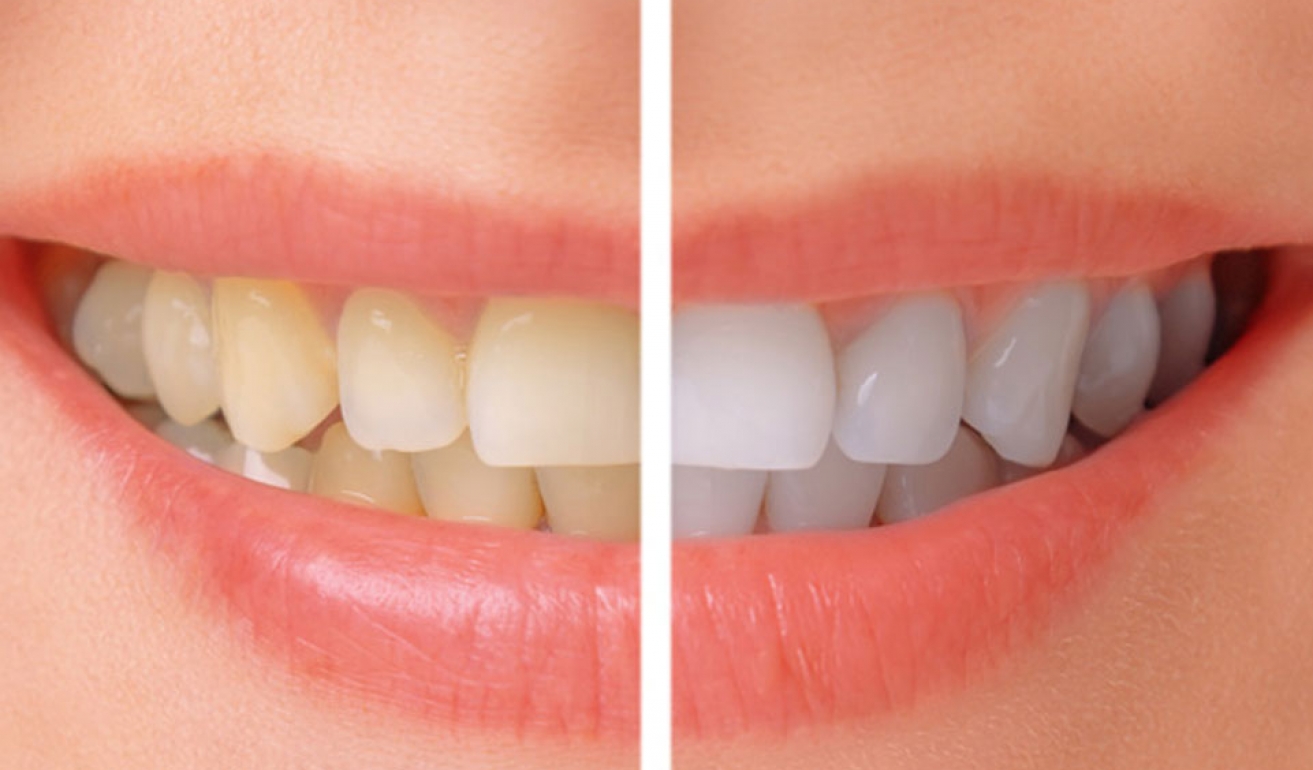Teeth Whitening

- You are here:
- Services
- Teeth Whitening

Teeth whitening is, by far, the most popular cosmetic dental procedure. Dental Whitening procedures fit within almost any budget and the results are quick. Technically, there is a difference between teeth whitening and teeth bleaching.
Whitening means to brighten your teeth by removing stain caused from staining foods and beverages (berries, coffee, wine, tea, etc).
This stain removal whitens teeth back to their naturally white stage. Bleaching refers to lightening a tooth from the inside-out. Bleaching brightens the inside (dentin) of the tooth, thereby making the whole natural tooth whiter.
Who is a good candidate for teeth whitening?
Almost everyone is a candidate for teeth whitening or teeth bleaching. However, some dark teeth are much more resistant to the dental whitening procedures. Teeth that are discolored with dark gray or reddish shades are the most resistant to teeth whitening; an example of this type of dark shade appears in teeth affected by tetracycline. Still, even these dark teeth will whiten to some degree with long-term compliance. Depending on the results you desire, whitening may be an option for dark (gray/red) teeth. Otherwise porcelain veneers are an excellent option and allow you to choose how white you want your smile to be.
Whitening removes stains, via polishing of the surface of the tooth (this is why some over-the-counter toothpastes can claim “whitening”, while bleaching sends peroxide into the tooth to whiten the organic material inside.
